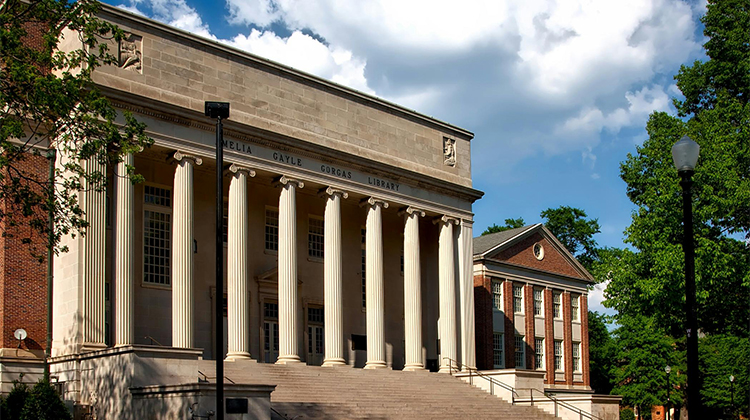The Disadvantaged Benefit from Uni Early Entry

It used to be the entirety of one’s time at school boiled down to a single metric, how well you performed in the final exams and the ATAR. That solitary figure seemed a little unsatisfying and numbered among the many criticisms of the path students take to access a uni course.
Early entry has been one response to smoothing out the process of identifying a student’s ability and has proven to be a popular option with students themselves. But while the suspicion is early entry is a good thing, there is little actual research on the topic.
Dr Sally Patfield Lecturer, Teachers and Teaching Research Centre, School of Education the University of Newcastle has changed all that. She interviewed 24 current university students in 2023, who had gained admission via early entry. She also interviewed a small number of their parents/carers to shed light on the broader impacts of early entry on families.
Dr Patfield focused on students from regional and remote locations, students who were the first in their family to go to uni, Indigenous Australians, and people with a disability, as they are most disadvantaged in mainstream schooling and in their access to higher education.
Some researchers have suggested early entry schemes favour students with personal or socioeconomic advantages due to parent and principal advocacy in recommendation letters and better access to career guidance. However, Dr Patfield found these schemes can benefit students most in need and that many of the knocks on early entry don't ring true.
Among the criticisms of early entry programs is they lack the transparency of the ATAR, undermining schooling, and encouraging students to slacken off in their final exams.
“There’s actually been no comprehensive research into early entry, so most of these criticisms are based more on anecdotal evidence than empirical research. Early entry schemes also received a lot of criticism in previous years when some universities began releasing their offers earlier and earlier in the calendar year. But that has been resolved now through the agreement between the Federal Education Minister and State Education Ministers that early offers not be released until September,” says Dr Patfield.
While there are many different early entry schemes, they often focus on students’ capabilities more holistically. This might be demonstrated by Year 11 assessments, a recommendation from the school/principal, extracurricular achievements, contribution to the community, or a personal statement. So, they are less focused on what students can achieve in their HSC or other state-based assessments. There was a study conducted in Victoria a few years ago that found that students entering university via an early offer received better grades in their first year of study than the overall university cohort, so there is evidence to suggest that early entry students go on to attain strong academic results at university.
“Some of the students I interviewed in my research commented that alternative pathways to university were not explicitly communicated by their school. The ATAR and HSC are often still seen as symbolic markers of achievement in society, so these can be favoured because schools and teachers want to ensure - understandably - that their school is seen to be performing well. We need to do more to value different pathways into higher education and ensure all people - teachers, careers advisers, young people, families - have access to the full range of options that are available,” Dr Patfield says.
There is still value in the ATAR, particularly because schools and universities are working with large numbers of students the method is convenient. But Dr Patfield says research has demonstrated that the ATAR is biased against students from low socio-economic status backgrounds.
“So, if universities want to widen access to students from under-represented equity groups, we need more diverse admissions pathways into higher education rather than just the traditional ATAR route. The ATAR also really only provides a broad indication of a student’s academic ability in senior secondary school and doesn’t capture more wide-reaching achievements and forms of success.”